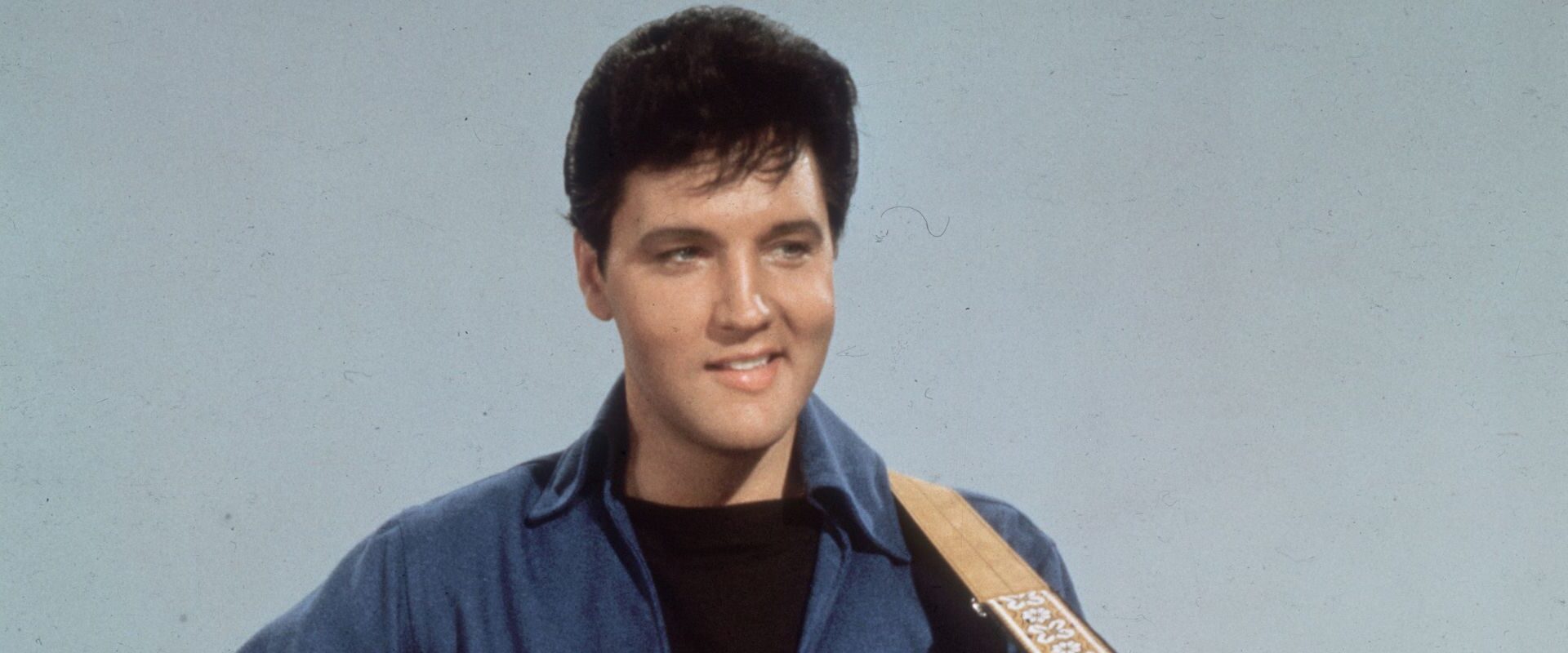Nearly five decades after his death, Elvis Presley remains “The King” of rock-n-roll.” With songs like “Hound Dog” and “Burnin’ Love,” the Mississippi native courted both success and controversy in equal measure throughout his too-short career. That career started on this day in 1954, when Elvis inked a deal with Sun Records.
Elvis Presley Once Hoped to Become an Electrician
Long before he became an international sensation, Elvis Presley possessed an entrepreneurial spirit. The “Jailhouse Rock” crooner started a lawn business with friends during his freshman year of high school. After bouncing around several professions, Elvis began delivering supplies for Crown Electric in April 1954.
Initially, he hoped to learn the tools of the electrician trade. As we know now, other things were in store.
Eventually, the legendary crooner crossed paths with record producer Sam Phillips, who launched Sun Record Company in 1952. Initially, Phillips wanted the 19-year-old to make demos of songs meant for other artists. On July 5, 1954, he invited musicians Winfield “Scotty” Moore and Bill Black to record with Elvis.
Unfortunately, little came of that session—until late in the night. Just as they were leaving, Elvis Presley launched into Arthur Crudup’s 1946 blues hit “That’s All Right.”
“All of a sudden, Elvis just started singing this song, jumping around and acting the fool,” Moore later recalled. “And then Bill picked up his bass, and he started acting the fool, too, and I started playing with them.”
That’s when Phillips realized he had found just the man to bridge the gap between white and Black performances. On July 12, 1954, Elvis gave notice with Crown Electric and inked a deal with Sun Records.
[RELATED: 3 Insane Stories From Elvis Presley’s Life That You Won’t Believe]
Sam Phillips Loved Rhythm and Blues
Prior to signing Elvis Presley, Sun Records primarily worked with Black artists. An ardent lover of rhythm and blues, Sam Phillips wanted to bring the genre to a white audience.
“The blues, it got people—black and white—to think about life, how difficult, yet also how good it can be,” Phillips said in 2001. “They would sing about it; they would pray about it; they would preach about it. This is how they relieved the burden of what existed day in and day out.”
Featured image by Hulton Archive/Getty Images
